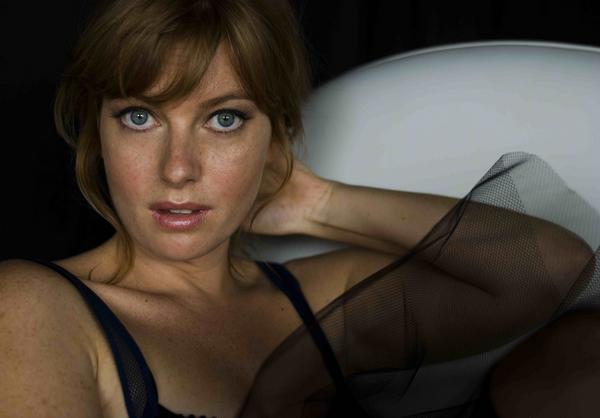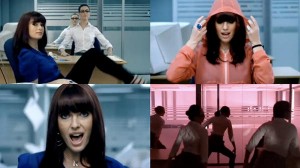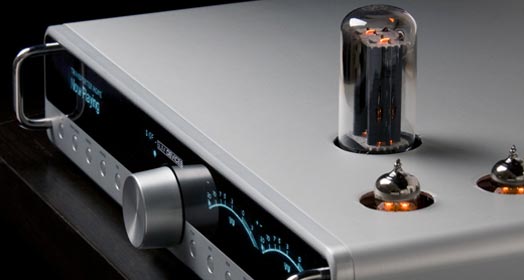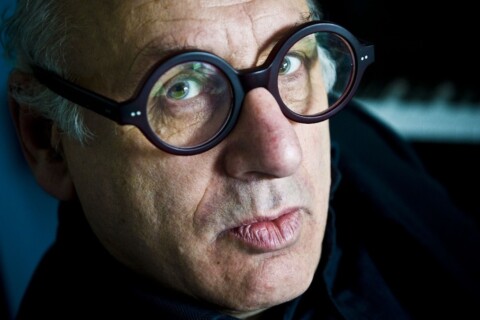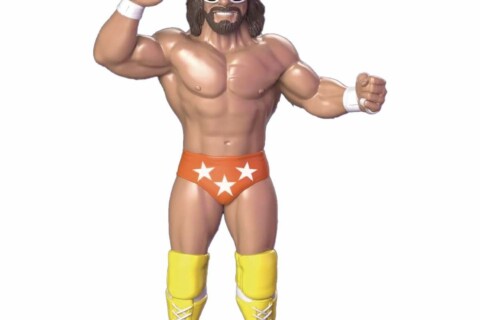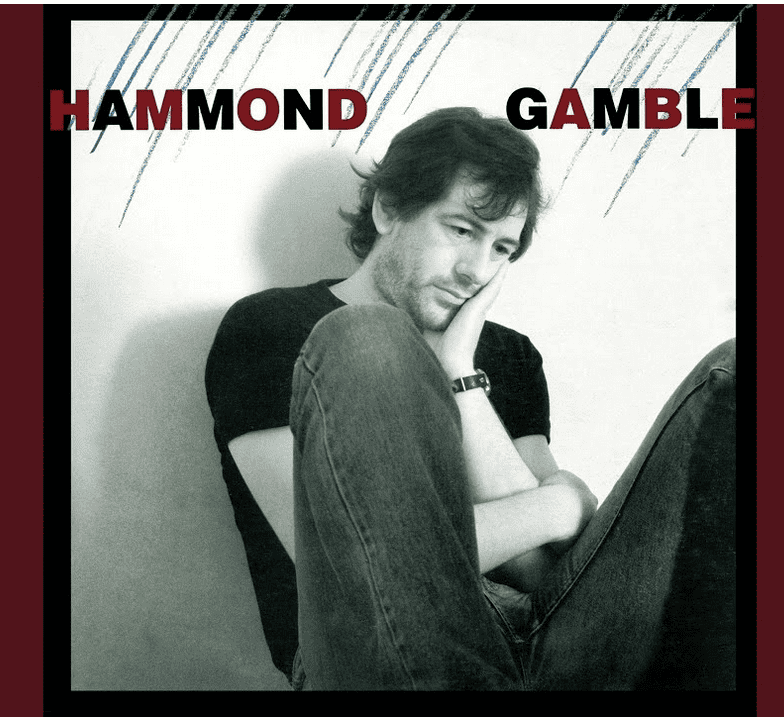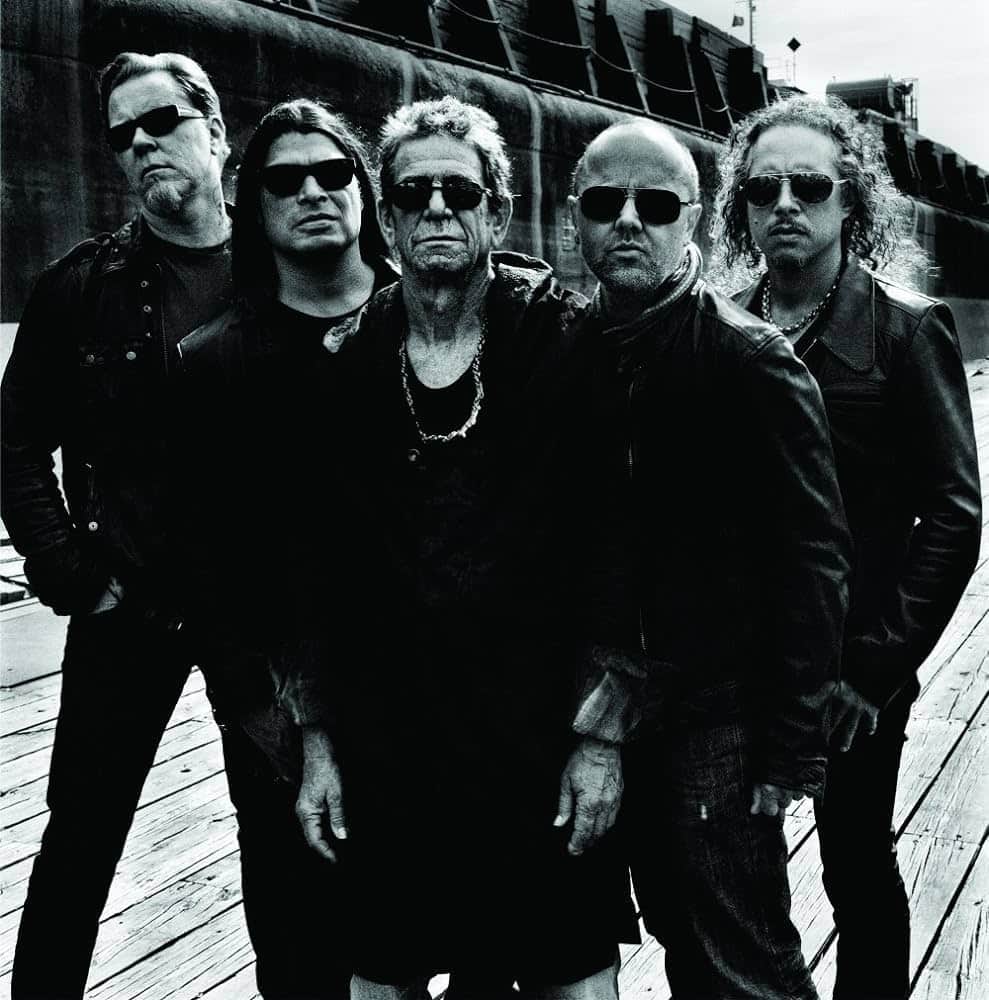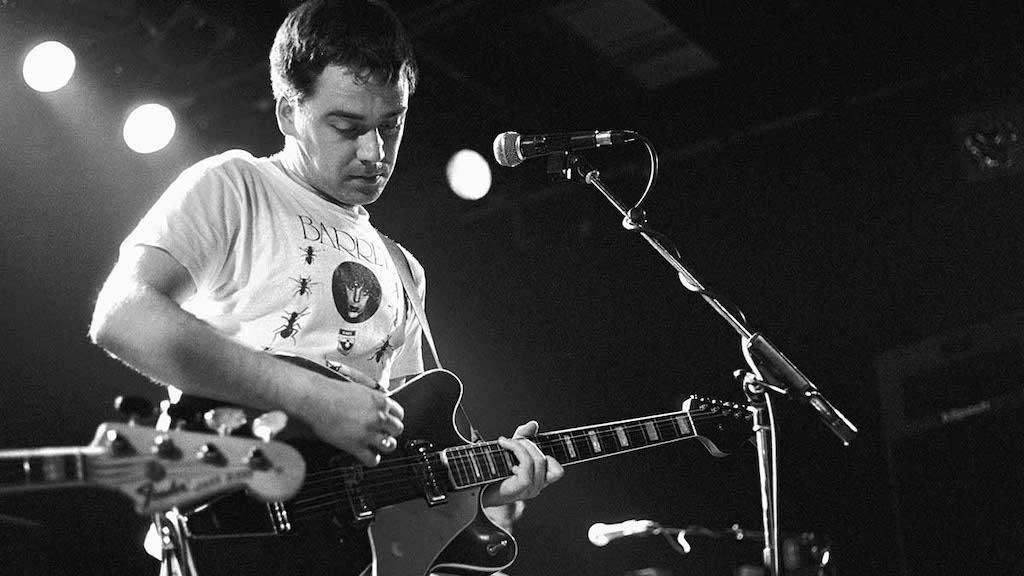Kirsten Morrell is taking a sabbatical from Goldenhorse. She talks to Gary Steel about her debut solo album, Ultra Violet.
Witchdoctor – Why? What? Where?
Kirsten – Yeah, well during Goldenhorse I got messed around a little bit, so I picked up my pen, wrote and recorded this album, and it started from there, to turn things around, really, and recorded this album in London lounges, and the Lab in Auckland. Jol Mullholland produced, played keyboard and guitar and drums, Geoff Maddock played guitar and drums, I played keyboards and guitar, a little, and vocals.
WD – How long did it take to do?
K – 18 months.
WD – How did you record it in lounges?
K – Happily! You don’t have the same problems you might get in a studio, a relaxed environment where you’re surrounded by gear. I wrote all the songs and mused upon their meanings and it went from there. Hmm. Um, some of these songs, you could say this is an album of songs I wrote for myself, I’d say there’s songs on there that I wrote specifically for people and a couple of environmental songs on there…
WD – Is that part of your Greenpeace ambassadorial role?
K – No, it’s got the usual themes of love, unrequited love, and life. I got invited to Copenhagen during the climate summit and attended a culture futures workshop, and it was loads of fun playing ‘Better’, which is one of my songs off the album.
WD – That specifically alludes to the environmental situation, does it?
K – Yeah. In East London, I was living in Hackney at the time, and I was sitting in a park writing songs as you do, and that one came about. And ‘Marianne’ too, is sort of imagery of oceans and another song that I feel isn’t just the usual theme, so…
Do you know in the 21st Century, there’s about 360,000 whales – this is what I’m thinking about at the moment – 360,000 whales were killed under harpoon.
WD – In the 20th century?
K – In the 21st… in the 20th century, yeah. These are issues that are relevant to us, now.
WD – What do you think about the boats going after the Japanese fleet?
K – It’s atrocious. The whole Japanese thing is appalling.
WD – So you think it’s a good idea to chase them?
K – I’m sorry, I didn’t listen to your question, did I (laughs). I’m reading a book called Leviathan, which is fascinating, it’s the history of whale. It’s awful to think that someone could bite into a piece of whale steak and go ‘yum’. And that starts off a whole industry. The issues are there and… hmm (laughs). Are you going to ask me about the super city next?
WD – No, it’s just that they kill race horses when they’re past their best, and nobody cares about the poor race horses.
K – Well they do, and I think it’s not enough to turn a blind eye to these issues. No I find that kind of fascinating that there’s that kind of statistic, I think it was the blue whale, that was killed in the 21st century by hunting.
WD – Uh, 20th. Do you consider yourself a major environmentalist?
K – I think it’s a natural pursuit. I grew up on a self-sufficient farm, my parents moved from London and started a – you wouldn’t call it organic now, because it’s all become certified – it was an organic, self-sufficient farm.
WD – Were they hippies?
K – Umm, more intellectuals. And the name Ultra Violet is based on violet, the flower, and that’s another endangered species. In Britain you’re not allowed to pick bluebells, because they’re dying out.
WD – How would you describe the difference of the music on your solo to that of Goldenhorse?
K – The same bold beautiful music, the difference is that it’s 50 percent me writing. Um. Folk electro pop. Um. Same lilting vocals [laughs].
WD – So before your contribution was more the vocals and melody line, and now it’s more that plus aspects of the music itself?
K – Yeah, this isn’t interesting to people in interviews, but in Goldenhorse the writing was always 50-50 mine and Geoffrey’s. So I would sit there with a guitar and put the song across, and the band would take it up, and Geoff would do the same thing. And that happened with the recording of Ultra Violet as well. It was just geographically shared between London and, um, Auckland. Yeah.
I don’t want to meet Lemmy from Motorhead again. [laughs]. Or Alice Cooper.
WD – In London?
K – No, in LA and Germany.
WD – How did that happen?
K – We were on tour in Hamburg and Lemmy and I bumped into each other. They’d just soundchecked, we’d just played and we met each other in the alleyway, and he pointed me towards the bathroom and shower. He was coming out with his towel. Rock’n’roll.
WD – And you don’t want to meet him again?
K – Just introducing a new theme.
WD – He’s a really intelligent guy.
K – Yeah. He is, yeah. He bought five albums of Out Of The Moon. They were all listening to them on their tour bus.
WD – Really?
K – I don’t know! It would be great.
WD – Are you living in New Zealand?
K – I’m living in New Zealand. The Kiwi land. My New Zealand family is based in Wellington. They were all born in Lyall Bay.
WD – So you went to England for a while…
K – My English family live in England, obviously. No, I’ve been here. Overseas stuff is all to do with touring. We filmed the video to ‘Ghosts’ in London in the top of Hamstead Heath which is good, because that’s where I was born, so it was really exciting to get the opportunity to do that.
WD – Did you feel honoured to make it into the 100 Essential New Zealand Albums book?
K – Yes, I read Nick’s book, well I haven’t read the whole book but, brilliant.
WD – Did he choose the right album? They should all have been in there, right?
K – Yeah, that’s right, they should have all been in there [laughs]. Riverhead was a great album, sonically beautiful, yeah. I tried to do a little bit of that with Ultra-Violet, songs like ‘Let Me Go’, we wrote a groovy kind of handcrafted beat to begin with. Riverhead we did a lot of unusual recording – we reversed the order of recording, and it made a beautiful sound.
I’m enjoying Auckland at the moment, I can see myself one day when I’m older sitting at the opera and falling asleep happily while being lulled by the performance. I think it’s another city where the rules are being… driven out. Interesting times… [laughs]
WD – You started out singing opera, didn’t you?
K – No, I started out doing a solo band. I didn’t start opera until I was 22, and I sang in the New Zealand Opera for two years, a national singer.
WD – So why don’t you sing like that on your pop records?
K – [laughs]. I’m not going to answer that question. It’s not my fucked. That means my voice type. It’s the opera term.
WD – Voice trainers would say you could damage your voice by singing in the pop style.
K – People do damage their voices. I got the technique sorted.
WD – So your voice doesn’t get tired?
K – I get tired, but my voice, I haven’t damaged my voice.
WD – No special way?
K – Opera training.
WD – Two cigarettes before the performance.
K – [laughs] I’m not autonomous about it, but yeah. Do you want lessons? [laughs] No, I don’t smoke.
WD – But you don’t have any special technique to make sure you keep your voice.
K – Yeah I do. Actually this afternoon I’m going to be singing some opera, I’m doing a piece out of Turandot at the moment.
WD – For?
K – Just studying.
WD – Do you see yourself, as you get older, getting more and more into that.
K – Well this is what I’m working on now. Ultra-Violet is an album I’m really happy with, and it would be great to have an audience, but then do it again.
WD – What kind of audience are you envisaging for this?
K – The New Zealand audience. I suppose the audience I already have.
WD – If you got the opportunity to work with any musicians in the world – to put together a supergroup – who would your choices be?
K – [big pause] That’s a really tricky question. The lead singer of the Jesus & Mary Chain, and Geoff Maddock from Golden Horse. I could say Puccini, who wrote Turandot, and various others. You choose and you work with who’s friends and who’s there. But that’s the great thing about it, music. I flew Jol Mullholland over to London, and rang him up and said ‘hey, do you want to produce an album’, and I said ‘cool, how about in the next two weeks’, so that’s how these things start.

